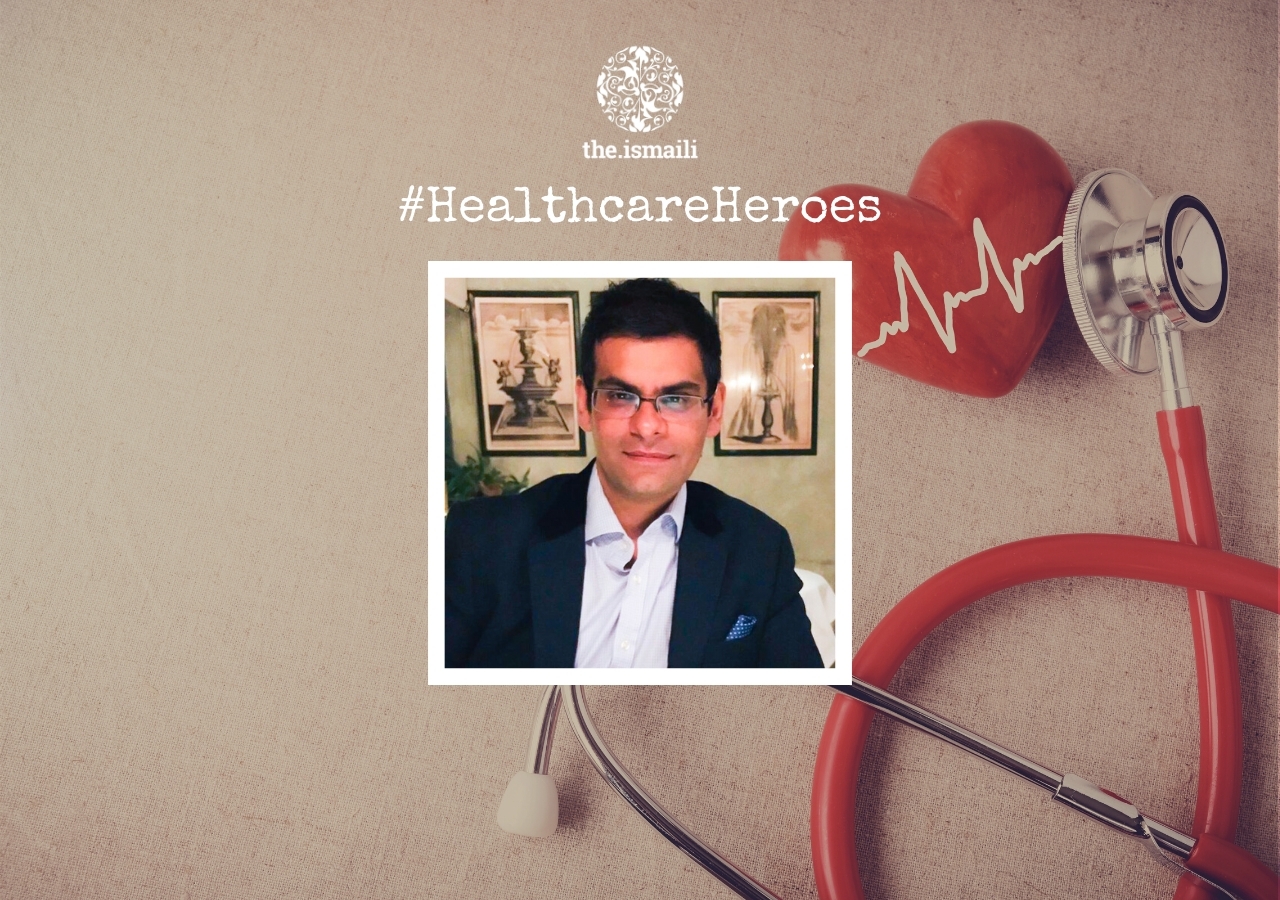Hailing from a family of physicians, Dr Kassam is an oral & maxillofacial and head & neck surgeon with over 20 years of experience in the UK’s National Health Service. One of three children, Dr Kassam grew up in Manchester, with family origins from India. Like many Ismaili families, Dr Kassam’s was always devoted to their local Manchester Jamatkhana, where his parents are still involved in many Jamati activities.
Much of Dr Kassam’s passion for healthcare could be attributed to his father, Dr Nooralla Kassam, who was not only a model for Dr Kassam, but also for his profession, winning the prestigious best doctor award at The Sun’s Who Cares Wins health awards in 2018. Inspired by his father, Dr Kassam developed a keen interest in medicine early on. A medical elective in Brunei inspired him to pursue medicine and dentistry, and he eventually became a maxillofacial surgeon. Dr Kassam wanted to offer complex operations to those in need, leading him to the Aga Khan University Hospital in Karachi as part of his training.
Given his speciality, Dr Kassam has been closely involved in managing the Covid-19 crisis, providing frontline care to patients. During his work, Dr Kassam contracted the virus, and is currently in isolation, focusing on healing himself. Despite this, he is focused on getting better so he can get back to work and is being motivated by his wife and two young children, along with Jamati members from Northwest London Jamatkhana. At the same time, his father, a practicing general physician for 47 years, continues to work during this global pandemic.
“It is important as a Jamat to remember that we not only need to use this time to focus on our physical health, but also our mental well-being. Pick up the phone, call loved ones and friends, and also please check on the vulnerable people and members of the Jamat who might be feeling lonely. Provide them with the support they need as best as you can. We are all in this together and must take care of one another.”








